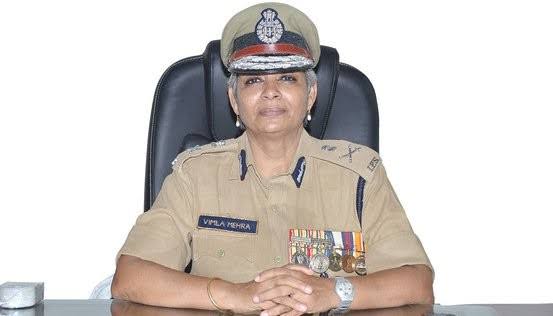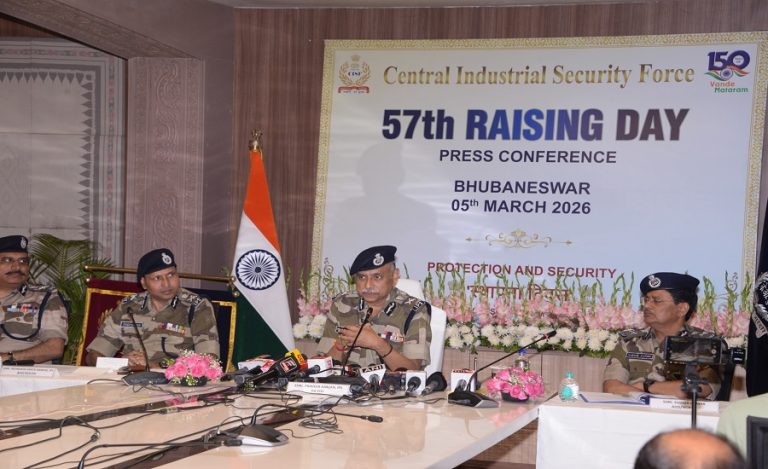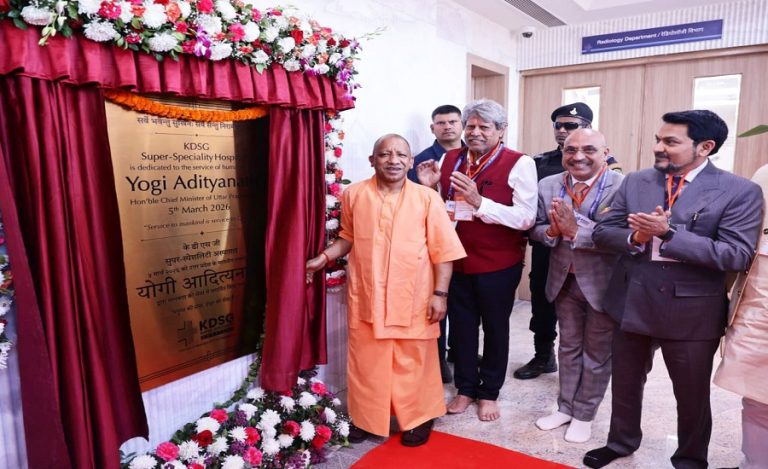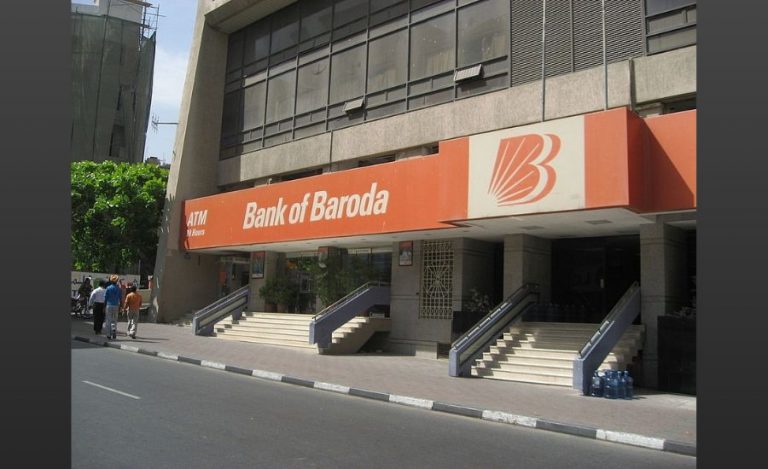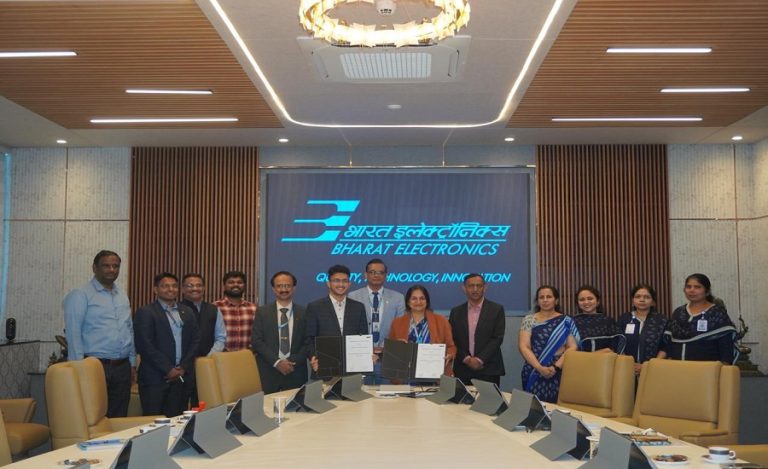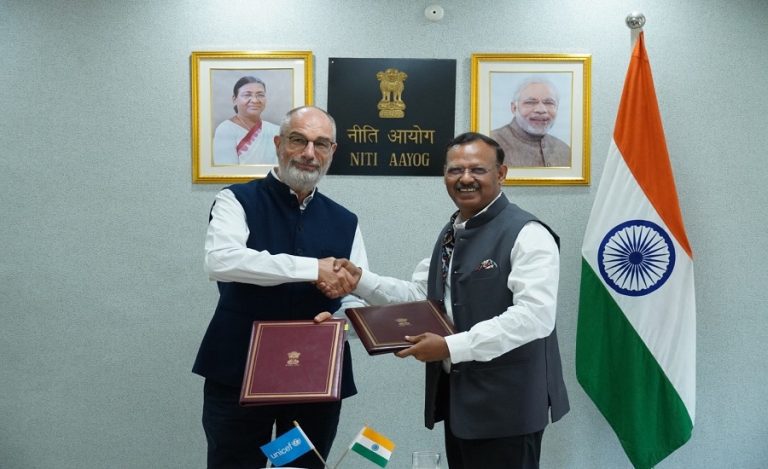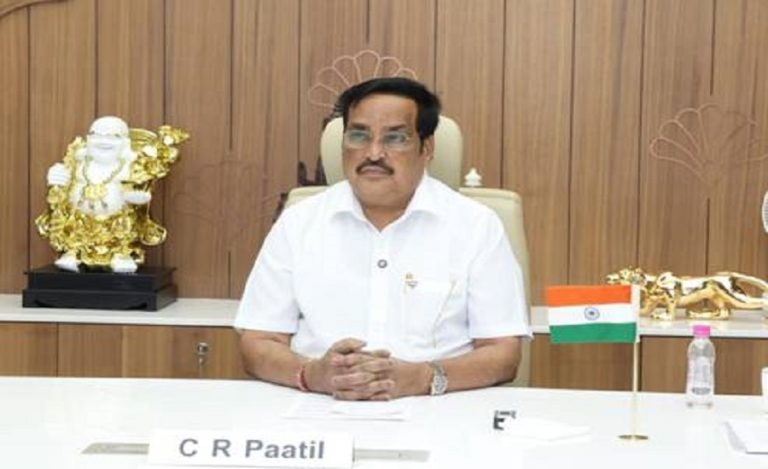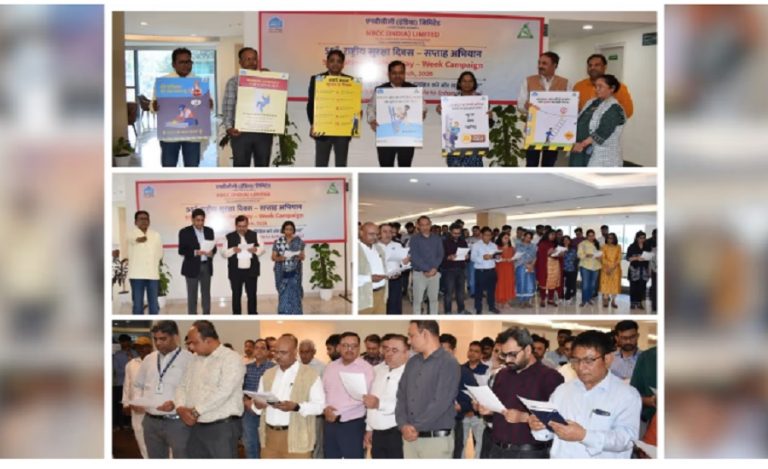The first imagine which the word `jail’ often conjures in mind is of hardened criminals, killers and anti-social elements; and how all these elements of our society are safely tucked away inside impenetrable walls, for our own safety and security. But this archaic view no longer holds water. Jails are now increasingly viewed as correctional centre. These are places where prisoners- even the hardened ones- are given opportunities to put their lives back in order. Senior IPS officer Ms. Vimla Mehra, who at one time was the Director-General of Tihar Jail- India’s most prominent maximum security prison- has done much in this direction.
Author of such books as ‘Aashramki Rah par Tihar’ and ‘Tinka-Tinka Tihar’, Ms Mehra’s work towards reformation of Tihar inmates, and the reforms she brought about in the premises, are even today much talked-about subjects in India’s IPS circle. Thanks to her, a number of Tihar inmates started life afresh because of these reforms.
In an exclusive conversation with Indian masterminds, Ms Mehra, the 1987-batch officer of AGMUT cadre, opened up about her work, her achievements and also the problems she faced.
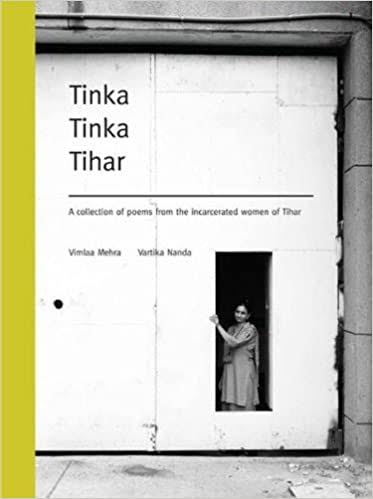
Exploring the Creativity of Jail Inmates
Ms Mehra believes that each and every person is born with some inherent talent and creativity special to him and her. All that is required is to find a way to channelize this talent, to tap the potential. With this thought in mind, she started working towards bringing out the potential of jail inmates.
Recalling her stint in Tihar Jail, Ms Mehra said, “Like everyone else the jail inmates too are full of creativity and many talents. We had to look for ways on how to bring their potential out in the open. At that time Media Educator & Prison reformer Ms. Vartika Nanda offered her help. First she went to the women’s prison and talked with the inmates there. During those conversations, we found out that many of them write poetry. We encouraged them to write more and then selected few of the poems. When we had a good collection, I and Vartika decided to give it a shape of book and that’s how ‘Tinka-Tinka Tihar’ happened.”
Ms. Mehra was associated with the book as the editor and involved in its designing also. Apart from poems, the book also has details of the inmates who wrote these. ‘Tinka-Tinka Tihar’ was released during International conference of correctional administrator in 2013, in which 32 countries participated.
Along with the book, a music CD was also launched in the program. And guess what, the songs in the CD were also composed by band consisting of Tihar inmates!
Interestingly, this band also did some shows outside the jail premises. But it was not an easy thing to organize these shows. “It was a challenge to let them perform outside because they could escape. Fortunately, nobody ran away. In fact in some programmes, parents of the inmates also appeared as spectators. Such was the success of this band that it later on released 2-3 music albums on their own,’’ said a beaming Ms Mehra.

Starting FM Radio
Ms. Mehra is probably the first IPS officer in India to have started the concept of FM radio in jail. She told us that her son proposed this, which she initially dismissed, arguing that such communication was not permitted in jails. But after some discussion with colleagues and others, she was convinced that the idea had some merit in it.
Talking about it she said, “We started this with one jail in Tihar whose superintendent was Naveed Saxena at that time. The idea was to create the FM radio without putting any economic burden on jail. We had some computers to start with and some of our friends trained the inmates to be RJs. Then for a long time we relayed music and messages for the jail through the control room. We also used to include the song requests of the inmates. However, only selected songs were played. We avoided any song that could be provocative.”
The radio started in one jail and soon it was expanded to all the other eight jails (during 2013 -15, there were total 9 jails in Tihar). The purpose of the radio was not only to entertain but also to disseminate the knowledge and motivate the people. “Sometimes I also gave message to the inmates through the radio. The concept got very popular because it was least expensive and quite beneficial”, added Ms. Mehra.

Semi-Open Jails
During her tenure as the Director General of Tihar, Ms. Mehra also experimented with the concept of semi-open jail which was a success but could not be carried forward due to area constraints.
As she said, “we had some quarters lying vacant within the Tihar complex. A lot of work was done before it was turned into a livable place. Then we shifted 31 people into those quarters. All of this happened at the end of their sentence; we chose inmates with good behavioral record. We provided them a kitchen to cook and games like cards & ludo to play. Eventually, we also gave them jobs according to their skills to earn some money before their release”.
The reforms did not stop here. Some of the inmates were allowed to run a small restaurant and sell food items like bread pakodas and other snacks to visitors and staff. Some used to drive e-rickshaw in the complex.
The restaurant kept working for a little while after Ms. Mehra’s transfer. She says that Tihar is not big as other jails in our country and it is challenge to starts something like a semi-open jail. However, she feels that her stint in Tihar was the best in her entire career.
Nowadays, after her retirement, Ms Mehra is keeping herself busy through farming

